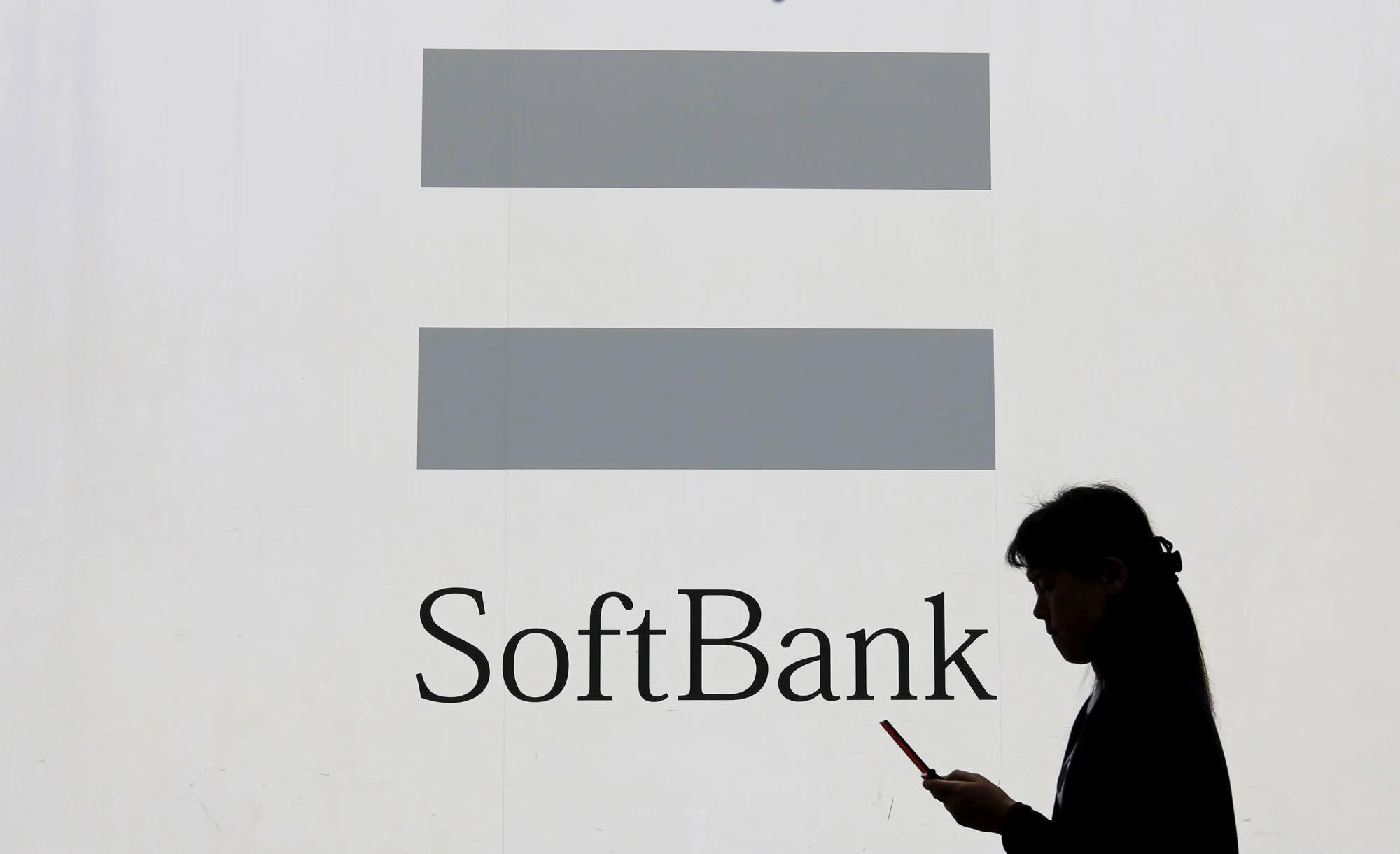The coronavirus is expected to be the dominant driver of markets in the week ahead, and even if there is volatility, analysts believe the market is resilient and has momentum to go higher for now.
Walmart, ViacomCBS and Deere are among companies reporting earnings in the week ahead.
Analysts expect to see more companies detailing the impact of the virus on their operations or supply chains.
Casper shares started trading Thursday on the NYSE at $14.50, after pricing at $12.
Casper’s IPO priced on the low end of its range.
The online mattress maker at one point was valued at $1.1 billion.
But Casper has a valuation of about $575 million based on where shares opened.
A Tesla executive said that cars initially scheduled for delivery in early February will be delayed due to the outbreak of the new coronavirus.
Tesla shares fell 17.18% Wednesday.
Tesla began rolling out Model 3 vehicles from its Shanghai Gigafactory to Chinese customers in January.
Stocks rose for a third straight day on Wednesday, pushing the S&P 500 back to levels hit prior to the coronavirus scare.
The broad index closed 1.1% higher at 3,334.69, led by strong gains in the energy, financials and health care sectors. That gain drove the S&P 500 to a record closing high. It also erased its losses stemming from fears over the coronavirus and came within a whisker of hitting an all-time intraday high.
Read MoreMasayoshi Son’s growth-at-all-costs stands in stark contrast to Warren Buffett’s investment style, marked by ruthless value hunting and the strictest assessment of a balance sheet.
The Bernstein analysts noted that some may balk at a comparison between SoftBank and Berkshire Hathaway and sought to justify their reasoning.
“Berkshire leverages the cash from its insurance business to invest into other companies” while Softbank “uses the cash flow from its core telco operation to invest in tech unicorns,” the analysts say.
Investors are expecting to have a very different Christmas Eve than the last one that saw the S&P 500 dip into bear market territory. On Dec. 24, 2018, the Dow Jones Industrial Average lost about 650 points in its worst day of Christmas Eve trading ever amid turmoil in Washington. President Donald Trump teased about firing Federal Reserve Chair Jerome Powell after the central bank hiked interest rate in December, triggering a massive sell-off.
Read MoreThe stock market tends to have unusually strong performance during the final five trading days of the year and the first two tradings days of the new year.
The S&P 500 has posted a 1.3% gain on average since 1950 during those periods, according to Stock Trader’s Almanac.
Amazon’s “relentless” strategy has played out in several ways this month.
The company told third-party sellers this week they can no longer use FedEx Ground for shipping to Prime customers.
Amazon has a long history of snuffing out competitors to keep growing larger.
A net 7% of stocks on the Nasdaq and New York Stock exchanges hit new 52-week highs last week, a bullish sign for the market.
Sentiment Trader said it was the most in six months, and the increase in highs is often a good longer-term signal for the market.
“It’s really a market firing on all cylinders. It’s such a key point here,” said one technical analyst, noting the breadth of the market has been improving.
“Secular bull markets tend to run 15 to 20 years. They’re not interrupted by 20% to 30% declines,” said Saut on CNBC’s “Trading Nation” on Friday. “The 1949-1966 secular bull market had a 30% decline when you had the Jack Kennedy steel crisis in 1962. The 1982-2000 secular bull market had the 1987 crash, but the bull market went on for another 13 years, so I think we’ve got years left on the upside.”
Read MoreIn October, Xi gave a speech saying China needs to “seize the opportunities” presented by blockchain, in what appeared to be one of the first instances of a major world leader backing the tech.
Over 500 blockchain projects have been registered with the government.
Experts say China could define the technology if it’s able to take a lead — which could be “dangerous.”
Total ETF assets have been growing at a “fairly consistent” annual rate of 25% from $770 billion 10 years ago, Bank of America said.
The market could hit $5.3 trillion by the end of 2020 at this rate, and a whopping $50 trillion by 2030, the bank predicted.
Since the inception of the first ETF — the S&P 500 SPDR — in 1993, the U.S. market has grown rapidly to a $4.3 trillion juggernaut.
"Time is money" is a popular adage, but when it comes to retirement, it's usually timing that matters most. Significant losses or depletions to savings early in retirement can diminish a retiree's nest egg and derail plans. This is known as sequence-of-returns risk, and it's an important concept to discuss and plan for with clients.
Read MoreSoftBank reported its first quarterly loss in 14 years on Wednesday, whiplashed by an $8.9 billion hit at its giant Vision Fund and marking a rare, humbling moment for CEO Masayoshi Son over his backing of troubled startup WeWork.
The scale of the loss shows the risks in Son’s strategy of splashing out big on cash-burning startups. It has also cast a pall on his efforts to raise a second massive fund.
Read MoreThe Dow Jones Industrial Average is only about 2% from a record high, but confidence is hard to come by when wealthy investors are asked about the future direction for the market. The percentage of the affluent investors who expect a stock market decline to be booked in the fourth quarter has doubled, according to a survey conducted by E-Trade Financial this month.
Read MoreWith the new year finally upon us, you may be aching to make some significant changes in your life. Maybe you want to start exercising more often and taking better care of your health.
Or, perhaps you want to spend more quality time with your kids — time where you only focus on them and nothing else.
And maybe, just maybe, you’re starting to feel like 2019 is the year you should finally start investing your money for long-term growth. Maybe you have built up a respectable sum of money in a high-interest savings account, but you know that saving cash isn’t enough.
Read MoreThe average rate on the 30-year fixed is now 20 basis points higher than it was on Monday and 36 basis points higher than its last low on Sept. 4, according to Mortgage News Daily. That is the biggest short-term jump since the week following the election of President Donald Trump.
When rates dipped to their recent low, the number of borrowers with good credit scores and at least 20% equity in their homes who could save on a refinance surged to the largest on record, 11.7 million, according to Black Knight. That has now dropped by about 2 million.
“The big risk here is that the overall rate rally — the one that began in November 2018 -- has run its course,” said Matthew Graham, chief operating officer at Mortgage News Daily.
Indonesia will build a new capital city on the island of Borneo, home to some of the world’s biggest coal reserves and orangutan habitats, as President Joko Widodo seeks to ease pressure on congested and sinking Jakarta.
The new administrative headquarters will be located between North Penajam Paser and Kutai Kartanegara in East Kalimantan, Jokowi, as the president is commonly known, told reporters in Jakarta on Monday. The relocation of the capital, some 1,400 kilometers away from Jakarta, will help spread economic activity outside the nation’s most-populous island of Java, the president said.
Read MoreTrade war? Yes. Global slowdown? Yes. Volatile market? Yes. But does that mean investors should cash out and run? Not this top-performing fund manager. She’s staying put.
Joanna Kwok, who co-manages the JPMorgan Asia Growth Fund, says volatility will linger in Asia markets due to trade war uncertainty and corporate earnings concerns. Even with the unpredictability of U.S. President Donald Trump and other political risks, investors should hang on as valuations suggest “decent” returns in the next 12 months, she said.
Read MoreBoston-based online security start-up Cybereason said Tuesday it raised $200 million in fresh funds from Japan’s SoftBank Group Corp and its affiliates.
That brings the total amount of funds the start-up has raised to $400 million since it was founded in 2012.
The new funds will be used to “grow our global expansion with our partner community,” Lior Div, CEO and co-founder of Cybereason, told CNBC.




















